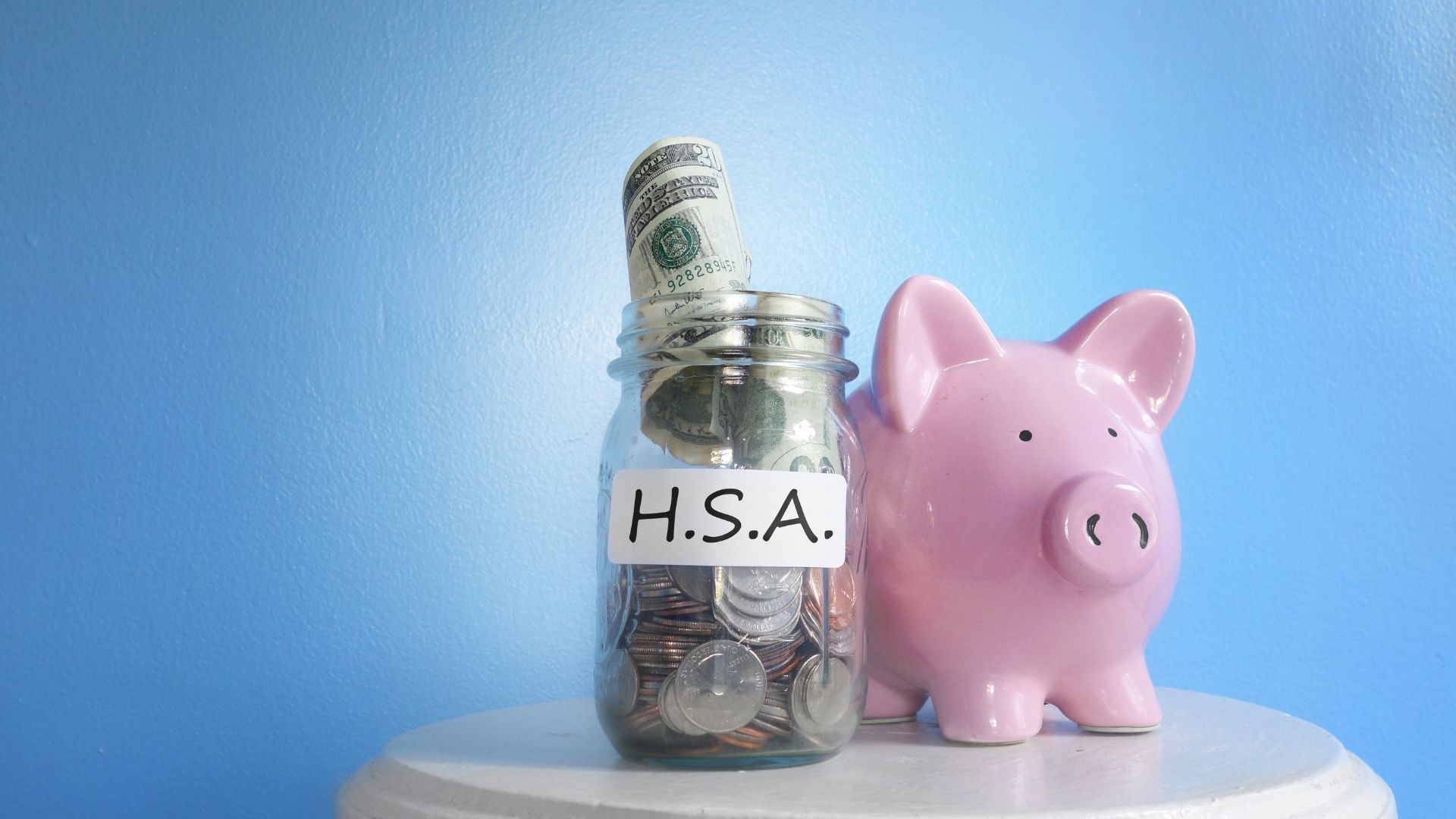The world of healthcare can be tricky, especially when it comes to Medicare. Not only is Medicare a complex system, but it’s also vulnerable to cons and fraudulent activities. It’s important for everyone who uses Medicare or is considering using it to learn how to protect themselves from potential scams. Here are some common Medicare scams and what you can do to keep criminals at bay.
Common Medicare Scams
Medicare scams often target people who are new to the program or don’t understand their benefits. Fraudsters may use a variety of tactics to try and get your personal information, so it’s important to know what they look like. It’s common for scammers to be especially active around the annual open enrollment period. This is the annual period when Medicare Providers can be switched, leading to these common fraud and scam tactics.
1. Emails Asking for Sensitive Information
A common tactic called “phishing” involves sending fraudulent emails that mimic a company or person to steal personal data. These fake emails may ask for personal information like Social Security or financial account numbers in order to falsify your identity.
Never click on links in emails sent from unknown or suspicious parties. Always look closely at any link before you click on it to make sure it’s from the official website of the supposed sender.
2. Unsolicited Phone Calls and Visits
Don't give out any personal information over the phone unless you know who’s calling and why. Scammers will often try to get your personal information by posing as an official Medicare representative over the phone or in person.
Never provide any personal information unless you know you’re speaking with an official representative from Medicare or another agency authorized to access your records. If in doubt, contact the agency directly via their website or official customer service line before providing any information.
3. Carefully Worded Contracts and Loopholes
Read all contracts thoroughly before signing them. Make sure you understand exactly which services are included in each package and which costs are associated so there are no surprises down the road.
Always review contracts carefully before committing yourself financially—even if it seems like a great deal—as fraudsters may try to sneak hidden fees into agreements that could end up costing more than expected in the long run.
4. Suspiciously Priced Coverage and Products
Remember, there’s no such thing as “free” insurance, as any plan will require some form of payment to stay active. Be sure to always read the fine print before signing up for anything! Scammers often conduct convincing phone calls offering free medical services or equipment.
To be safe, never pay cash upfront for services or products related to Medicare. Always use an established method of payment such as a credit card or check so the payment can be traced. You can check with the National Consumer Protection Agency (NCPA) for more information about any offers you receive. If something sounds too good to be true, then it probably is!
5. Fake Medical Supplies
Other common issues are fake prescription drugs being sold at a discount or free medical equipment that you don’t need. These products may look legitimate at first glance, but they’re typically low quality and potentially dangerous if used incorrectly.
It’s wise to ignore door-to-door salespeople who sell prescription drugs or other medical products without a doctor’s prescription. Always research any product before buying it and consult with your healthcare provider as needed.
Report Suspicious Activity Immediately
If you suspect someone is trying to scam you out of your personal information, then don't hesitate to file a report at once! If you come across a suspicious insurance representative, you can verify their status through your state’s insurance department.
Contact your local law enforcement office or federal agency that handles fraud complaints (such as the FBI). You should also call Medicare’s official line at 1-800-MEDICARE (1-800-633-4227) if you think someone has tried to scam you using Medicare services or products.
Look Out for Medicare Scams
Medicare scams can cause serious harm if proper precautions aren't taken. By following these simple guidelines, protecting yourself isn’t as difficult as it might seem. Staying vigilant and aware of Medicare scams will ensure your transactions are secure and your personal information remains safe.
We at Senior Insurance Advisors are here for you if you ever need assistance navigating Medicare. We’d be more than happy to set up a consultation with you at no cost to look over your options and benefits.













